Joost Scholten Sander van der Meij
Create the perfect personal welcome and connection
The Disneyfication of AI
Naturally, small enterprises can’t afford to do research into AI.
That has to be done by the big companies. And when it comes to the entertainment industry, Disney is obviously a frontrunner.
Some time ago already, Disney introduced the Magic Band. This is an armband giving visitors to Disney theme parks access to their reservations, services, and facilities, and enabling them to pay for their purchases. That was still a relatively ‘flat’ use of AI, but now Disney is actively exploring the possibility of deploying AI robots as hosts and hostesses at their parks. Disney expects that in a few years’ time some of the Disney characters walking around the parks will no longer be humans in suits, but rather advanced robots that will learn rapidly from their interactions with visitors.
Disney’s Senior VP for Research & Development, Jon Snoddy, envisages a time in the not too distant future when robots will have an understanding of their role and purpose in the parks and will be increasingly better able to learn from their experiences with visitors how best to function in order to entertain people.

Meet John Paul
Perhaps one of the most appealing and successful examples of AI is the John Paul concierge service. This AI system is equipped to answer all the expected and unexpected questions guests usually approach the reception for.
Do you want to book an all-inclusive trip to a tourist site? Do you need a dry cleaner to pick up your clothes? Restaurant reservations? Flight information for your return journey tomorrow? Virtual assistant John Paul is connected to all the relevant organizations and knows the neighborhood like the back of his virtual hand. The system uses a guest’s previous questions and booking information to generate highly personalized recommendations. And the more guests use the system, the more refined the interaction becomes and the more personalized the recommendations. Wherever they are in the world.



Emotions in AI
China is not shy about its ambitions: The superpower aims to become the world leader in AI. And the Alibaba platform (which has a larger turnover than eBay and Amazon combined), is fully committed to this objective.
Take, for instance Dian Xiaomi, an AI chatbot that is able to answer over 90% of questions about and addressed to Alibaba. More than 3.5 million people use its services every day. Which in itself is impressive, but not real exceptional. All that changes when you discover that the latest version of Dian Xiaomi takes customers’ emotions into account. The system uses this information to judge whether a question or order should be given priority or whether its human colleagues should be engaged to further assist the customer.




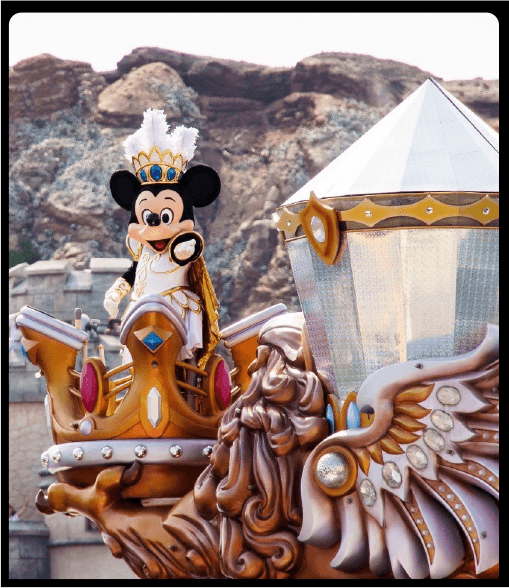
Airline companies are very actively engaged with AI. Apparently, pilots only steer planes themselves for about seven minutes of a flight. The rest is done by smart computer systems.
Businesses also see opportunities for profit in their interaction with travelers. Delta Airlines invested heavily in check-in systems utilizing facial recognition. This makes checking in simpler for passengers and reduces waiting times. Delta claims that satisfaction ratings have risen significantly thanks to these types of systems.
United Airlines already integrated the smart voice-operated system Alexa, which has more and more consumers in their homes. As soon as users added the “United skill” to their Alexa app, they could ask questions about the status or onboard facilities for their flight as well as ask Alexa to go ahead and check them in for their flight.


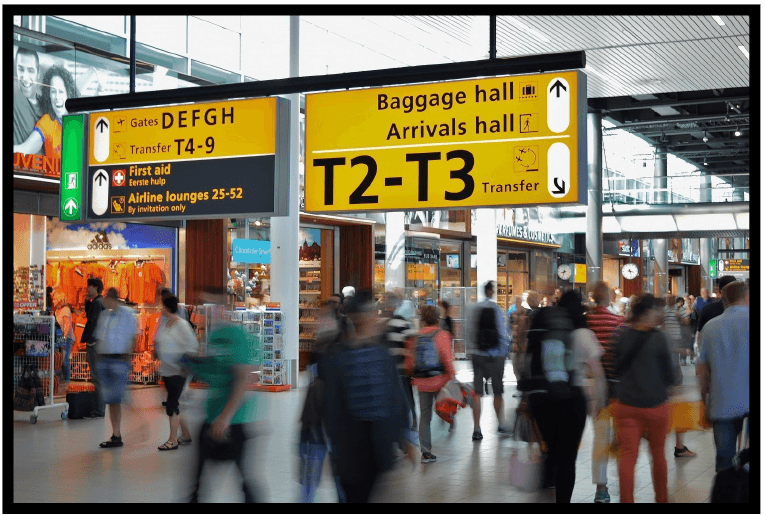
Conferences and networking are inextricably linked. Organizations always do their utmost to connect delegates who have mutual interests. For example, by means of questionnaires which can help to set up matches.
London-based enterprise Grip picks up where questionnaires leave off. This app contains information about the event, with which delegates then interact. The AI behind the system looks for matches between delegates based on the business needs they indicate or the positions they hold. These matches become more precise the longer delegates use the system to improving the experience, interaction, and connections before, during, and after events.


AI can add an entire new dimension to hospitality. Through smart use of data about people and society, advanced systems are able to create the perfect personal welcome and connection.

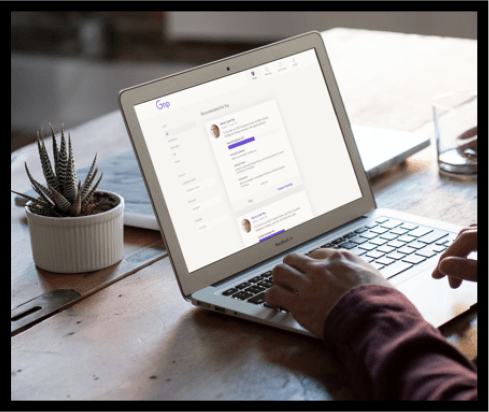

Editorial
4 min
Editorial

Perhaps one of the most appealing and successful examples of AI is the John Paul concierge service. This AI system is equipped to answer all the expected and unexpected questions guests usually approach the reception for.
Do you want to book an all-inclusive trip to a tourist site? Do you need a dry cleaner to pick up your clothes? Restaurant reservations? Flight information for your return journey tomorrow? Virtual assistant John Paul is connected to all the relevant organizations and knows the neighborhood like the back of his virtual hand. The system uses a guest’s previous questions and booking information to generate highly personalized recommendations. And the more guests use the system, the more refined the interaction becomes and the more personalized the recommendations. Wherever they are in the world.



China is not shy about its ambitions: The superpower aims to become the world leader in AI. And the Alibaba platform (which has a larger turnover than eBay and Amazon combined), is fully committed to this objective.
Take, for instance, Dian Xiaomi, an AI chatbot that is able to answer over 90% of questions about and addressed to Alibaba. More than 3.5 million people use its services every day. Which in itself is impressive, but not real exceptional. All that changes when you discover that the latest version of Dian Xiaomi takes customers’ emotions into account. The system uses this information to judge whether a question or order should be given priority or whether its human colleagues should be engaged to further assist the customer.
Naturally, small enterprises can’t afford to do research into AI. That has to be done by the big companies. And when it comes to the entertainment industry, Disney is obviously a frontrunner.
Some time ago already, Disney introduced the Magic Band. This is an armband giving visitors to Disney theme parks access to their reservations, services, and facilities, and enabling them to pay for their purchases. That was still a relatively ‘flat’ use of AI, but now Disney is actively exploring the possibility of deploying AI robots as hosts and hostesses at their parks. Disney expects that in a few years’ time some of the Disney characters walking around the parks will no longer be humans in suits, but rather advanced robots that will learn rapidly from their interactions with visitors.
Disney’s Senior VP for Research & Development, Jon Snoddy, envisages a time in the not too distant future when robots will have an understanding of their role and purpose in the parks and will be increasingly better able to learn from their experiences with visitors how best to function in order to entertain people.
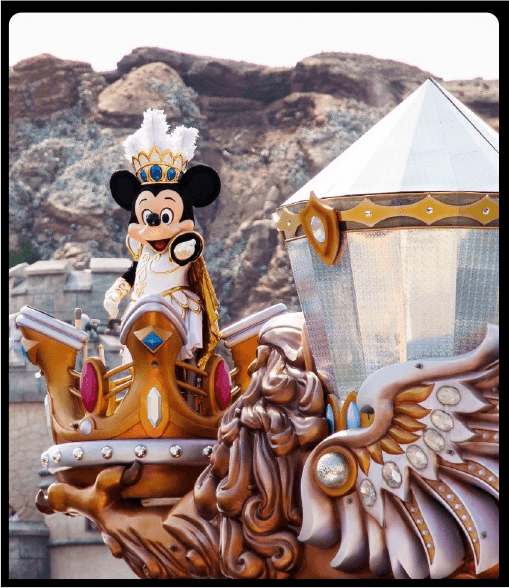
Conferences and networking are inextricably linked. Organizations always do their utmost to connect delegates who have mutual interests. For example, by means of questionnaires which can help to set up matches.
London-based enterprise Grip picks up where questionnaires leave off. This app contains information about the event, with which delegates then interact. The AI behind the system looks for matches between delegates based on the business needs they indicate or the positions they hold. These matches become more precise the longer delegates use the system to improving the experience, interaction, and connections before, during, and after events.
Airline companies are very actively engaged with AI. Apparently, pilots only steer planes themselves for about seven minutes of a flight. The rest is done by smart computer systems.
Businesses also see opportunities for profit in their interaction with travelers. Delta Airlines invested heavily in check-in systems utilizing facial recognition. This makes checking in simpler for passengers and reduces waiting times. Delta claims that satisfaction ratings have risen significantly thanks to these types of systems.
United Airlines already integrated the smart voice-operated system Alexa, which has more and more consumers in their homes. As soon as users added the “United skill” to their Alexa app, they could ask questions about the status or onboard facilities for their flight as well as ask Alexa to go ahead and check them in for their flight.

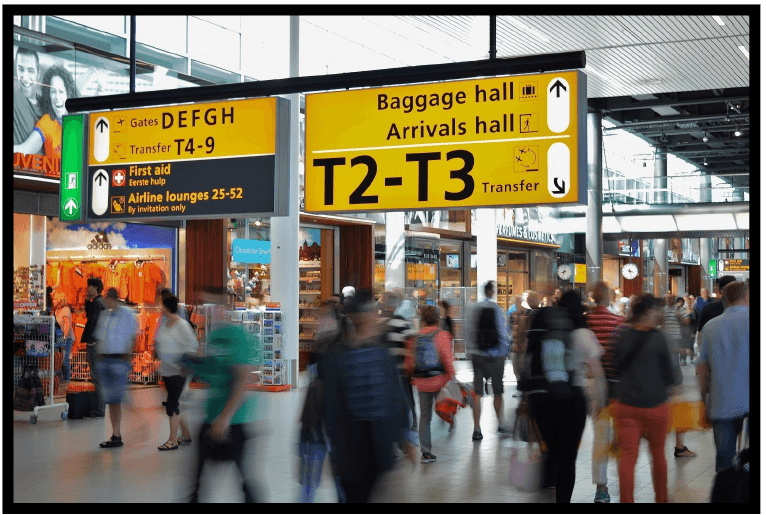



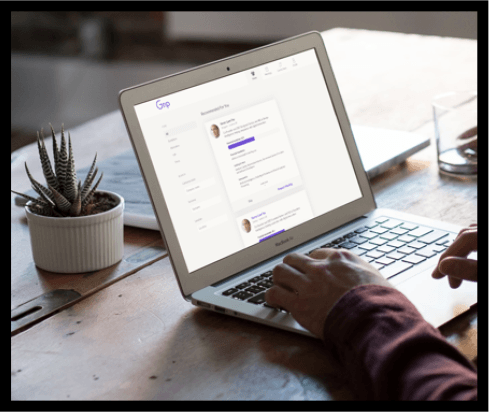
AI can add an entire new dimension to hospitality. Through smart use of data about people and society, advanced systems are able to create the perfect personal welcome and connection.


4 min








